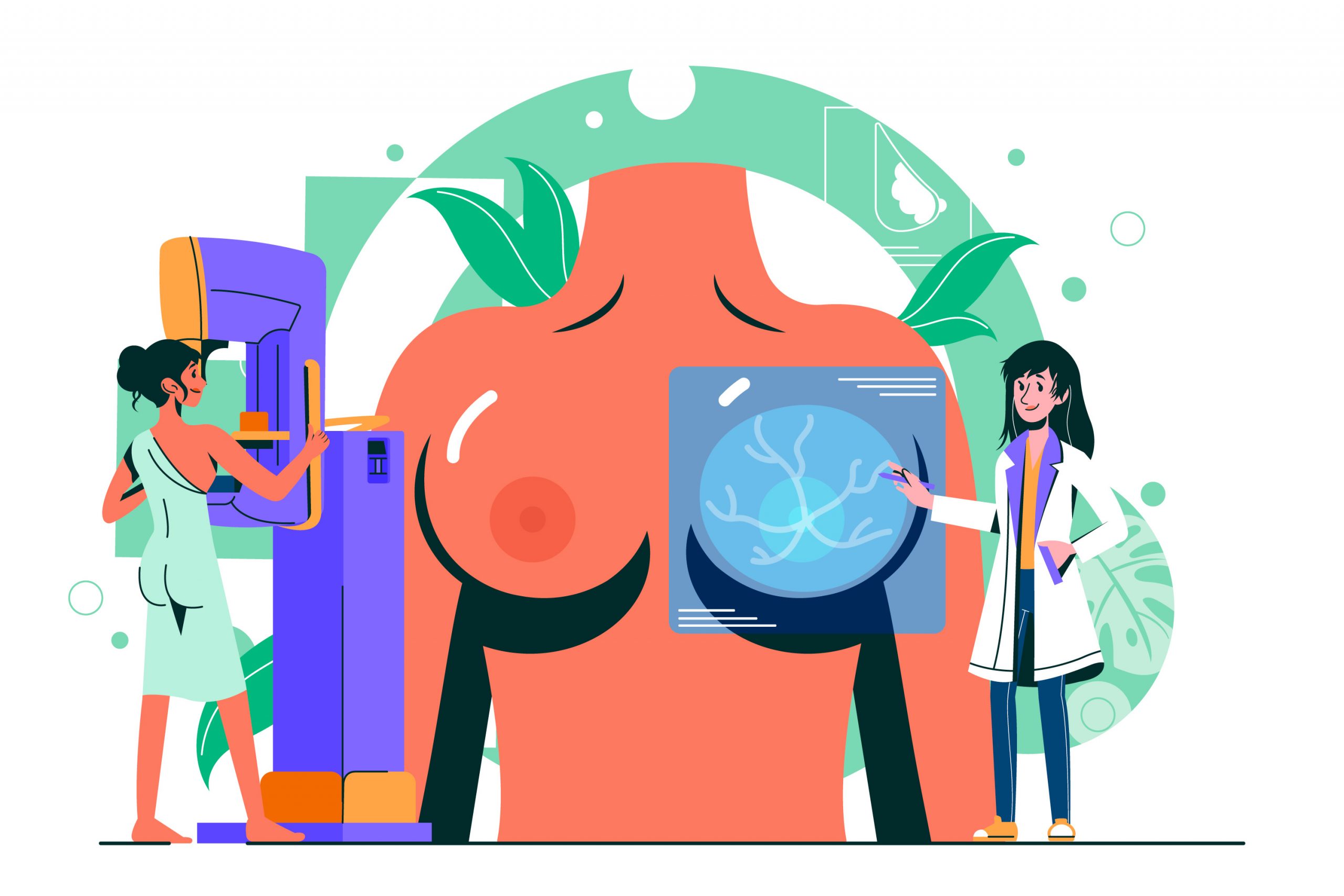
Early Breast Cancer: What You Need to Know
Breast cancer is the most common cancer among women in India. Early breast cancer is breast cancer that is found early, when it is small and has not spread to other parts of the body. Early breast cancer is very treatable, and many women with early breast cancer are cured.
What are the symptoms of early breast cancer?
The most common symptom of early breast cancer is a lump in the breast. However, early breast cancer may not cause any symptoms. Other signs of early-stage breast cancer in women can include:
- A change in the shape or size of the breast
- Dimpling of the skin of the breast
- A nipple that turns inward
- A bloody or clear discharge from the nipple
- Redness or swelling of the breast or nipple
How is early breast cancer diagnosed?
If you find a lump in your breast or have any other symptoms of early breast cancer in women, it is important to see your doctor right away. Your doctor will perform a physical exam and may order imaging tests, such as a mammogram, ultrasound, or MRI. Early detection of breast cancer with mammograms can make a significant difference in treatment outcomes.
How is early breast cancer treated?
The treatment for early breast cancer depends on the size and stage of the cancer, as well as your overall health. Treatment options for early breast cancer include:
- Surgery to remove the cancer
- Radiation therapy
- Chemotherapy
- Targeted therapy
- Hormone therapy
What are the chances of survival for early breast cancer?
The chances of survival for early breast cancer are very good. The 5-year survival rate for women with early breast cancer is over 90%. Early breast cancer survival rates and prognosis are high due to advances in treatment.
How can I prevent breast cancer?
There is no sure way to prevent breast cancer, but there are things you can do to reduce your risk, such as:
- Getting regular mammograms
- Maintaining a healthy weight
- Exercising regularly
- Eating a healthy diet
- Limiting your alcohol intake
- Not smoking
Best preventive measures for breast cancer include these lifestyle changes, along with regular screening.
If you have any questions or concerns about early breast cancer, talk to your doctor.
I hope this article helps you understand early breast cancer. If you have any questions, please consult with your doctor.
For more information Click Here


